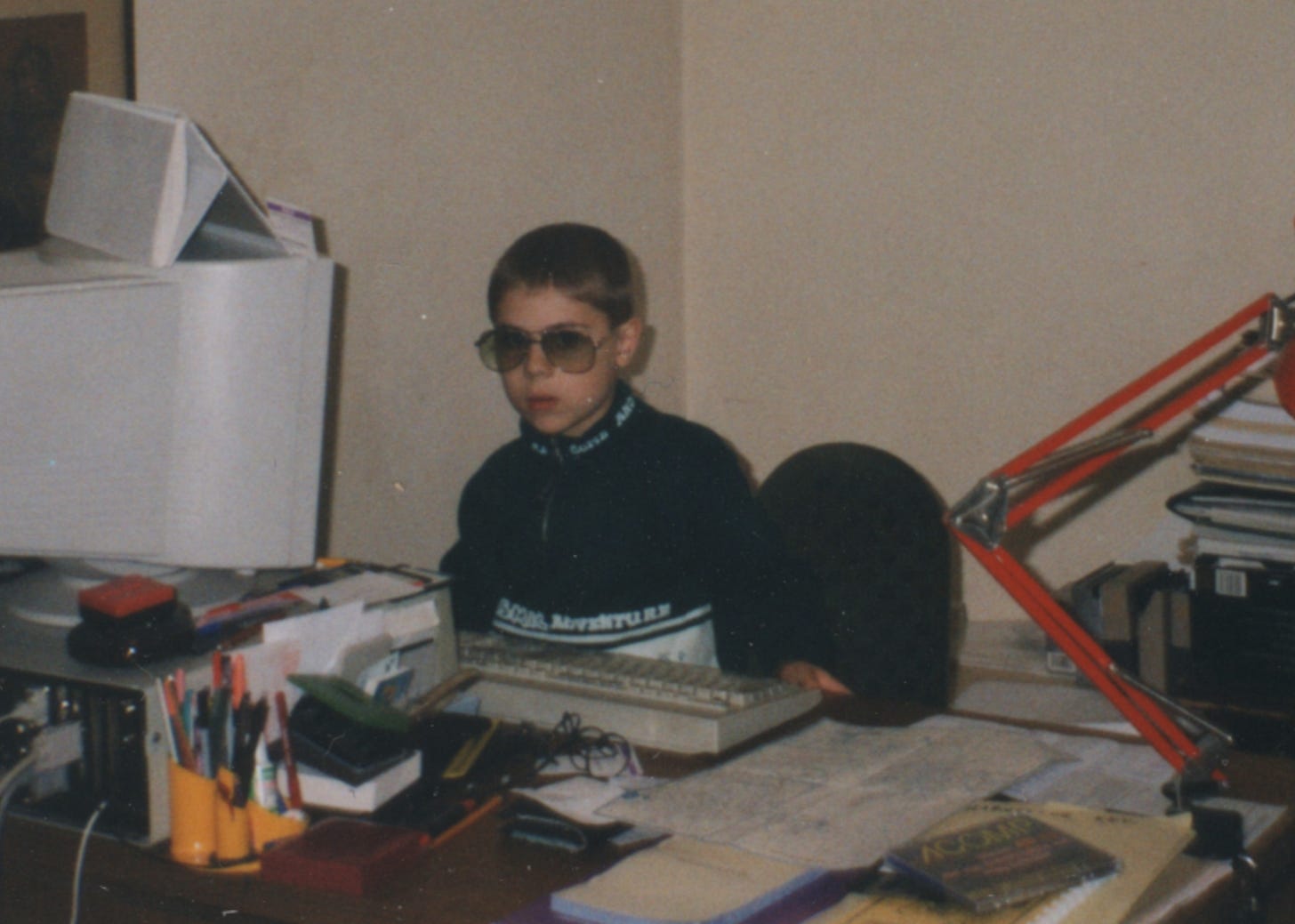The Obstacle is the Path
On finding your own metrics for success in a world obsessed with everyone else's

I met Cédric Villani, the Fields medallist mathematician in Sweden, when he was invited to give a plenary talk, celebrating the 100th anniversary of Institut Mittag-Leffler.
After his lecture, we had a short conversation; completely unremarkable to him, profoundly impactful to me.
“Why do you always wear that spider?” — I asked.
“Because that’s who I am. It’s a part of my personality.” — came the reply.


